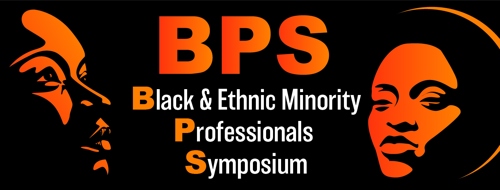In an ideal world, anti-racist supervision would be available to all social workers at all stages of their career.
However, anecdotally, we know that supervision itself is inconsistent and irregular for many social workers and students.
In 2022, in an attempt to address some of these issues and to empower supervisees to take more control of their supervision, Shabnam Ahmed (School of Shabs) and the BASW England Black and Ethnic Minority Professionals Symposium (BPS) – founded by Wayne Reid – created the Anti-racism supervision template and guidance.
The template was created to ‘integrate anti-racism into the supervisory space’ and puts a strong emphasis on wellbeing. Although the idea was originated by Shabnam and the BPS, it has been shaped by practitioners, social work students, managers and practice educators across England.
We believe that good social work supervision nourishes social workers and is fundamental to our wellbeing and practice. However, if supervision is not reflective of anti-racist, anti-discriminatory and anti-oppressive principles, then it can do more harm than good and, in my opinion, this has the potential to reproduce inequalities.
Shabnam Ahmed
Anti-racist supervision challenges practitioners to think deeply about any biases, assumptions or organisational constraints that may be influencing their work with people from Black, Asian and minoritised ethnic groups and reflect on what it means to practise in an anti-racist way.
In a Research in Practice podcast, Wayne Reid and Dez Holmes discuss key issues on promoting anti-racism in social work. An accompanying video examines key issues around racism and inequality, which invites us to reflect on our own thoughts, feelings and behaviours as practitioners, leaders and allies.
Shabnam was motivated to produce the template in wake of the murder of George Floyd by a US police officer.
Recent years have broken the silence around racism and reinvigorated the Black Lives Matter movement. The wide-ranging impact of structural and institutional racism on Black and ethnic minority social workers’ wellbeing, morale and progression has become clearer than ever before. This fuelled my professional curiosity about the supervision space and helped me to recognise that supervision is not immune to the ills of society.
Shabnam Ahmed
The form encourages discussion about health and wellbeing, such as stress, feelings and self-care and promotes discussion about all protected characteristics. It’s intended to be a template that can be easily adapted to suit specific demographics, levels and areas of practice.
Wayne Reid who founded the BPS said:
I’m delighted with this amazing initiative from Shabnam and the BPS. It aligns firmly with our shared vision to ‘evaluate existing frameworks and systems within social work to improve the impact they have on Black and ethnic minority social workers.'
Wayne Reid
As well as members of the BPS, Shabnam consulted with hundreds of social workers and found that race, racism, anti-racism are rarely discussed in supervision.
I heard someone say, ‘If you can do good anti-racist supervision, you can do good supervision - it is as simple as that.’ I could not agree more and encourage all supervisors to reflect on the supervision they undertake and start by asking themselves ‘Do I provide supervision that incorporates the principles of anti-racism?'
Shabnam Ahmed
You can view more information in the slides from a presentation.
It’s imperative for social care professionals at all levels within organisations to take an active stance on racism and racial injustice.


